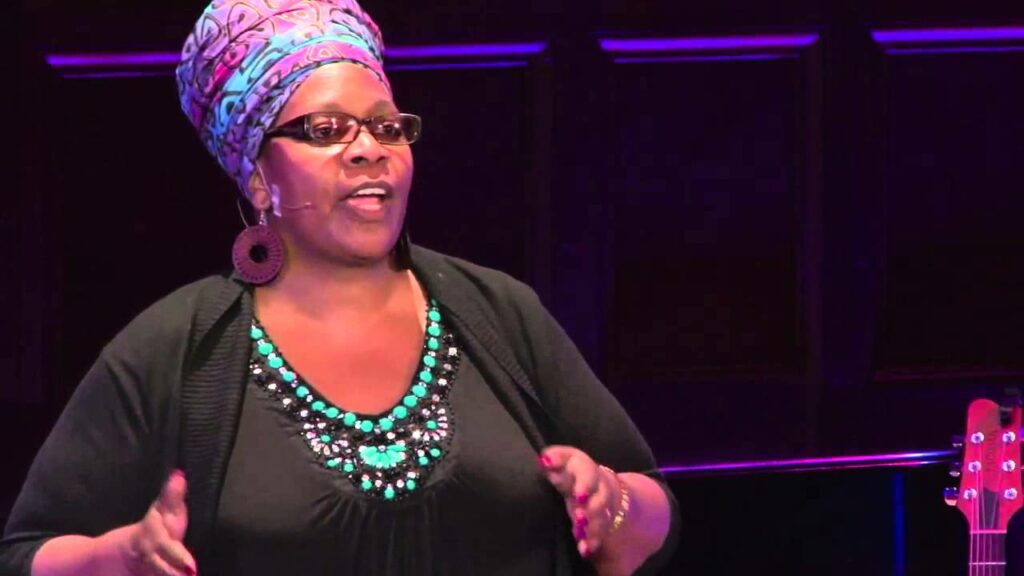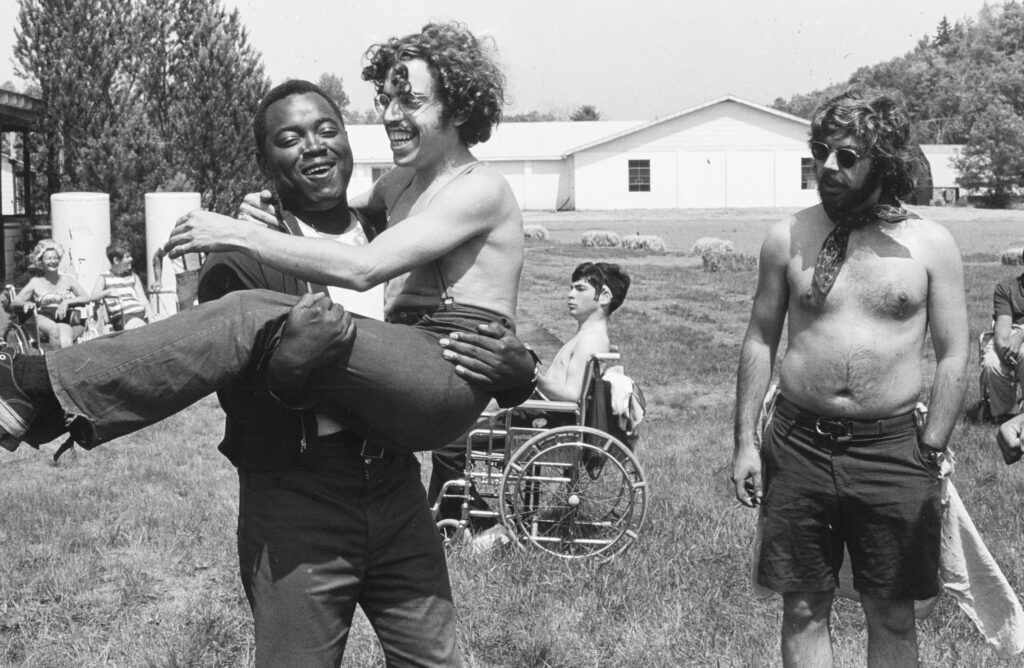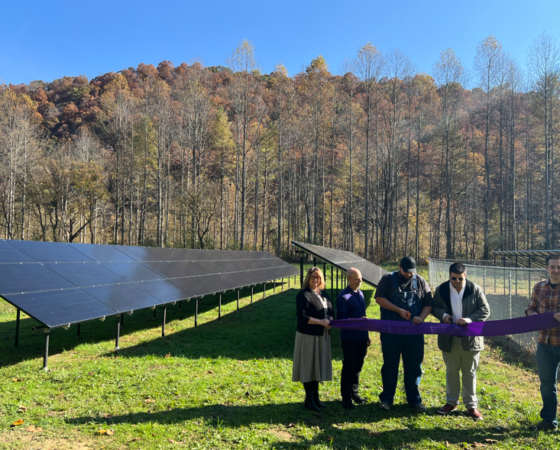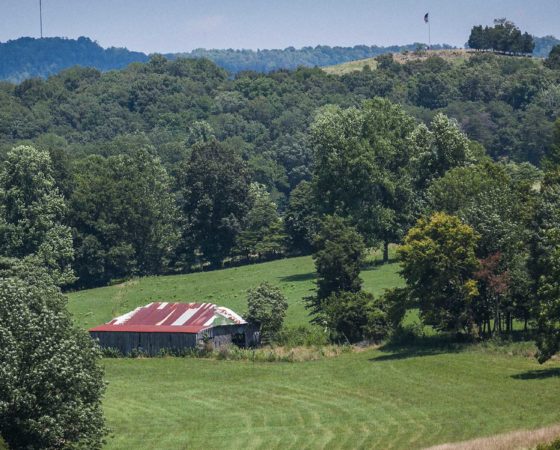The Mountain Association works to support a just and sustainable transition to a new economy in post-coal Appalachia. We know that a transition such as this cannot happen unless all people living in the region are considered and welcomed into the work of making it happen. We are proud of our organization’s efforts over the last 45 years to support small businesses, build value chains and test new ideas. But in recent years, we know we can do better to bring more people in our region into our work.
As a result, we are on an intentional journey to recenter ourselves around our core goals of equity. First, we have started with how our work excludes people and groups that have been systemically marginalized and oppressed. We want to learn how we participate in the ongoing marginalization of systemically marginalized people and communities, so we can identify how to better foster an inclusive environment internally for our team and externally through program development and implementation, equitable lending practices, and partnerships in the communities we serve.

There are a lot of necessary questions we’ve grappled with over the last few years. The questions have brought us face to face with the violent and oppressive legacy of exploitation, oppression and extraction, in our society, culture, and in ourselves. We have recognized that we hold vast privilege and power in this region and in the broader landscape of community development as an established and long-running organization with a robust staff and many resources at our disposal with which to implement programs and new ideas. The process of investigating ways in which we benefit from white supremacist culture requires us to acknowledge our privilege and our biases, both implicit and explicit, and to acknowledge that while we did not create this system, we benefit from it. We must also acknowledge that a system that oppresses any of our citizens has a negative impact on all.
As part of our strategic planning process in 2018, we began a staff-wide training series that helped us explore the historical context of privilege and erasure; the construction of whiteness and race; the history of diversity and systemic racism in the Appalachian coal economy; intersectionality; gender and sexuality; class and capitalism; and ableism. In 2019, we worked with a Berea College communications class who conducted an audit of our communications, including our website, blog and social media accounts, as well as our outreach materials. This work resulted in the implementation of changes to address some major issues identified. For example, we were writing at an average of a 14th grade reading level, while an 8th-grade reading level is what is called for to reach 80 percent of the general population. In an overhaul of our communications in 2020, which included our name change from MACED to Mountain Association, we reduced the amount of words per sentence, stayed conscious of the number of syllables within words, and used plain language over jargon as much as possible. At the same time in 2020, we had an organizational equity audit from an outside consultant, resulting in the development of an equity plan to address further issues identified in the audit.
We began implementing parts of our plan in 2021 and we continue today.
Some significant milestones include:
- Formation of an internal Equity Team which holds the organization accountable to the work.
- Formation of a Board Development Committee that works toward more diversity and inclusion on our Board of Directors.
- Creation of a new position, Equity Outreach Specialist, whose role is helping the organization connect with and better serve systemically underserved people and communities in Eastern Kentucky. The Equity Outreach Specialist is also preparing a training for staff on how we can shift our work to lead with a trauma-informed approach.
- An additional 21 hours of equity training for all staff with an external trainer.
- Inclusion of equity goals in all team work plans, for which there are regular checkpoints throughout the year.
- An analysis of equity in pay for our staff, including increased transparency about salaries, and the creation of a salary classification system in order to ensure consistency and equity across the organization.
- Defined for ourselves what “underserved” means in Eastern Kentucky.

The work we have done thus far to better understand our privilege and power as an organization has not always been easy, but it has been transformational in many ways – for staff personally and professionally, and for the work itself. We have learned, for instance, that our organization directly benefits from white supremacist culture, and that being a part of the privileged within this culture has meant that we could simply ignore increased investment in diversity, equity, inclusion, and accessibility work. While we have always included equity in our core values in some way since our founding, we haven’t always successfully centered ourselves around those values, and we believe the work of just transition has suffered for it. We cannot move forward in this work from this point without leading with an equity commitment in all that we do. We are dedicated to changing the way we operate to make that true. In the coming months, we will continue to share what we learn and how we are changing our work to ensure more that our services are deployed more equitably, inclusively and accessibly.
We invite you to contact us with any questions about our journey or about our path forward. Check out our ongoing updates here. Please contact Betsy Whaley at betsy@mtassociation.org (859) 671-0212.





